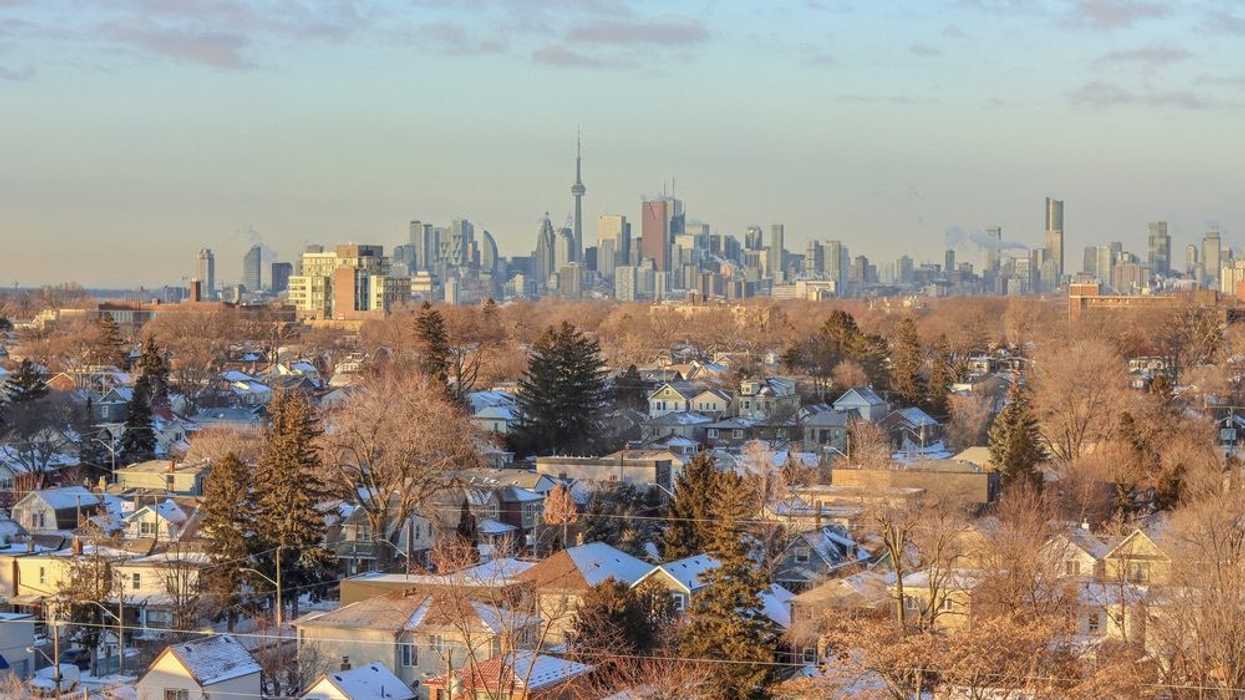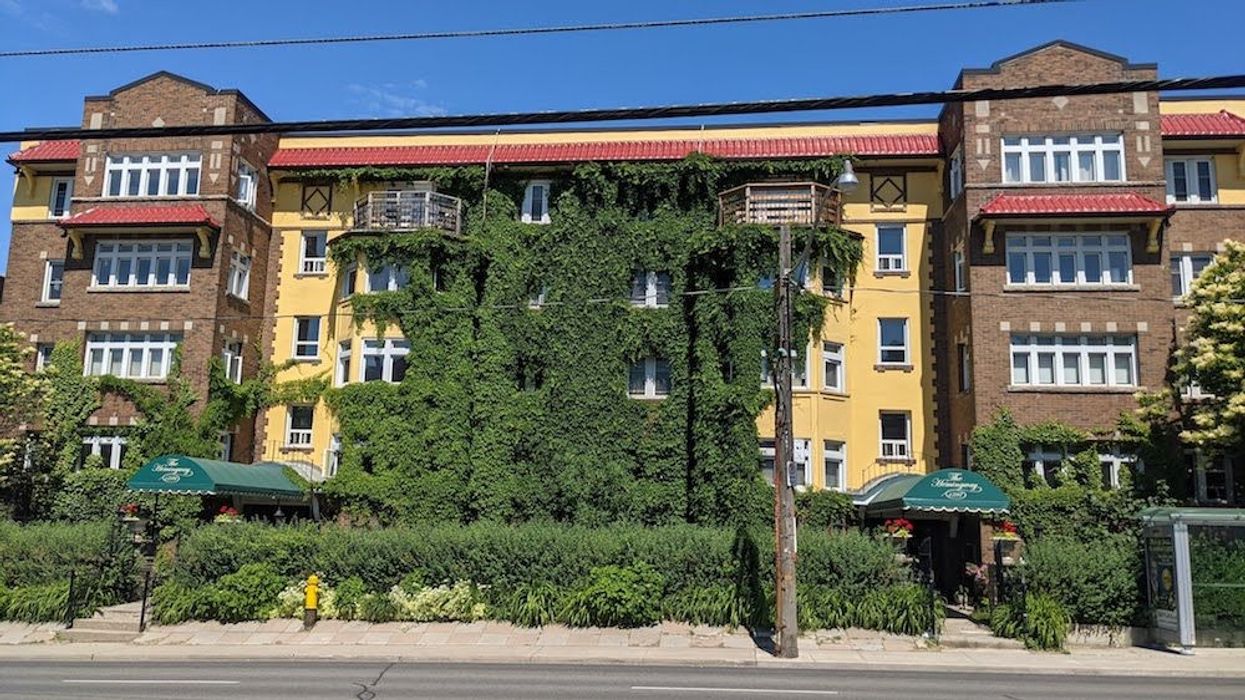Origination Fee – Definition, Meaning, and Examples in Canadian Real Estate
Understand origination fees in Canadian real estate — what they cover, when they apply, and how they impact the total cost of mortgage financing.

May 22, 2025
What is an Origination Fee?
An origination fee is a charge imposed by a lender or broker for processing and setting up a new mortgage loan.
Why Origination Fees Matter in Real Estate
In Canadian real estate, origination fees are more common in private or alternative lending and cover administrative tasks such as underwriting, document preparation, and funding coordination.
Typical features include:- Expressed as a percentage of the loan amount (e.g., 1%)
- May be bundled with broker or legal fees
- Disclosed in the mortgage commitment or fee agreement
Lenders may waive origination fees in competitive markets, but they are standard for non-traditional loans. Buyers should review these fees before signing any financing agreements.
Understanding origination fees helps borrowers assess the full cost of obtaining a mortgage and compare options across lenders.
Example of an Origination Fee
A borrower pays a 1% origination fee on a $400,000 private mortgage, totalling $4,000 added to their closing costs.
Key Takeaways
- Charged for setting up a new loan.
- Common in private or complex financing.
- Disclosed in advance.
- Increases upfront cost.
- Can vary by lender or broker.
Related Terms
- Mortgage Broker Fee
- Private Lending
- Lender Disclosure
- Closing Costs
- Loan Origination


 Renderings of the 65-storey tower previously proposed for 145 Wellington Street West. (Partisans with Turner Fleischer / SKYGRiD)
Renderings of the 65-storey tower previously proposed for 145 Wellington Street West. (Partisans with Turner Fleischer / SKYGRiD)






 205 Queen Street, Brampton/Hazelview
205 Queen Street, Brampton/Hazelview
 Christine Boyle and Gregor Robertson. (Government of British Columbia)
Christine Boyle and Gregor Robertson. (Government of British Columbia)

 CREA
CREA
 Liam Gill is a lawyer and tech entrepreneur who consults with Torontonians looking to convert under-densified properties. (More Neighbours Toronto)
Liam Gill is a lawyer and tech entrepreneur who consults with Torontonians looking to convert under-densified properties. (More Neighbours Toronto)